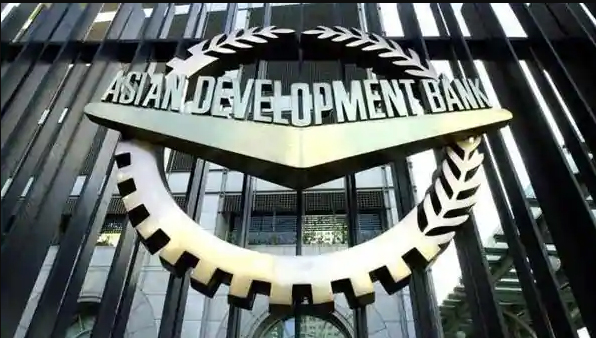Colombo: The Asian Development Bank has forecast Sri Lanka’s economy to record moderate growth of 1.9 per cent in 2024 and 2.5 per cent in 2025 following two consecutive years of contractions.
The Asian Development Bank’s (ADB) growth forecast hinges on the continuation of reforms and better consumer and business sentiment along with the timely completion of external debt restructuring that will also support Sri Lanka’s debt sustainability efforts.
“Sri Lanka is showing signs of recovery, with green shoots emerging in the second half of 2023,” the Manila-based lending agency said in its Asian Development Outlook (ADO) April 2024.
Sri Lanka will return to single-digit inflation at 7.5 per cent in 2024 and 5.5 per cent in 2025 after two years of high inflation, it said.
“Inflation has decelerated to single digits, foreign exchange reserves continue to be built up, and the exchange rate has appreciated. Tourist arrivals and remittance inflows continue to show a commendable recovery while supply conditions have improved,” NewsFirst.Lk portal said quoting the ADO.
The positive signal came at a time when in March, the International Monetary Fund (IMF) said it had reached a staff-level agreement with Sri Lanka for the next phase that would enable it access to USD 337 million from the nearly USD 3 billion bailout approved in 2023 for the island nation.
Two tranches of USD 330 million each were released in March and December 2023 even as the global lender praised Colombo for its macroeconomic policy reforms, which it said, “are starting to bear fruit.”
“Sri Lanka’s central bank cut rates four times for a total of 650 basis points, but that was outpaced by the decline in inflation, which fell sharply from 53.2 per cent in January 2023 to 4.2 per cent in December. As a result, Sri Lanka’s real interest rate is now nearly 14 percentage points higher than last year,” it said.
Stating that in the island nation, growth will rebound to 1.9 per cent in 2024 and 2.5 per cent in 2025 from the 2.3 per cent contraction in 2023, the ADO said, “This will be driven by rising output in services, resumption in industrial projects, and continuous reform aimed at improving the business climate.”
“Still, tax increases will dampen the recovery in private consumption and investment,” it added.






































